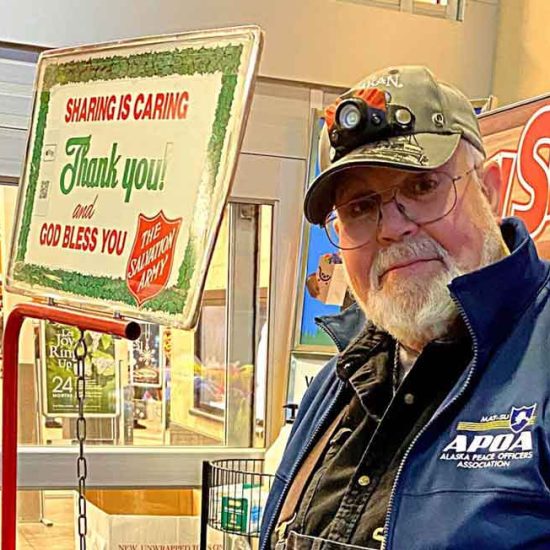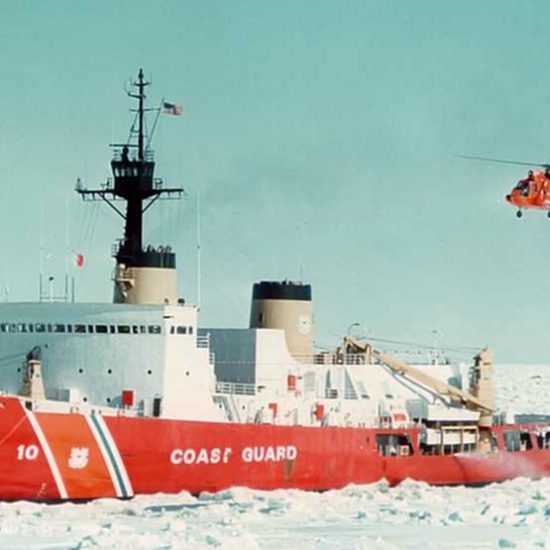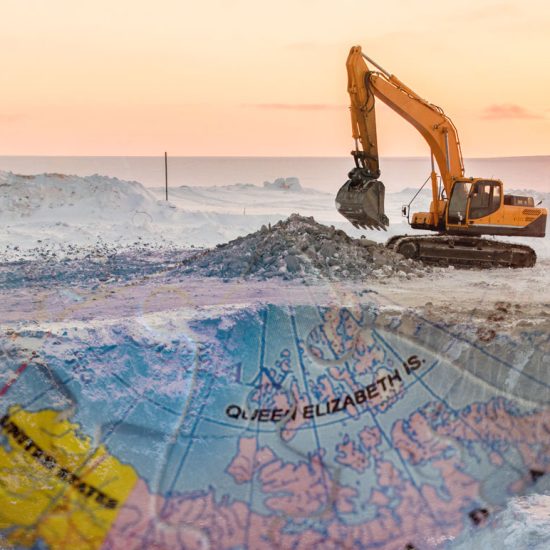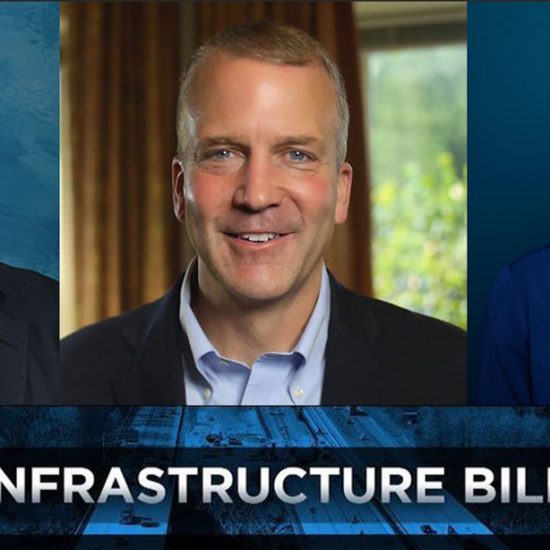In the latter part of the 19th Century, entertainment was done locally. Usually this was done with some combination of community bands, orchestras, and theater groups. If the town was big enough, they would get touring groups including theater troupes and bands. The Marine Corps Band led by John Philips Sousa was the functional equivalent of rock stars at the turn of the century.
The bands all played the same music, some of it better than others. This is what the musical, The Music Man is based upon, a con man who sold instruments and uniforms before high-tailing out of town.
The theater troupes did all the same plays, Shakespeare, mostly. So what happened to this vital part of American entertainment from a century ago?
Answer: Thomas Alva Edison.
With the invention of the phonograph, Edison created the ability for every single American to hold in his or her hands an increasingly accurate reproduction of world class performances of world class material by world class musicians.
Over a very short period of time, that piece of technological innovation drove community bands as top level public entertainment out of business. Today we are left with its vestiges in school music programs.
More importantly, the number of people involved in giving these public performances declined by two orders of magnitude as did their income as a whole.
We are seeing the early stages of this sort of technological revolution in public education, as the ability of skilled, excellent educators to present their material in a world class manner is being captured in videos, stored, and made available for playback any time, any place with an internet connection, by anyone with access to a browser.
And a server full of pre-made videos is a lot cheaper to set up and maintain than a brick and mortar building housing classrooms, teachers and students.
Some of these classes are pay for view. Many are free. And all of them work to some level.
Examples include:
- Kahn Academy – set up by an uncle with nieces and nephews who had problems learning mathematics. It now encompasses everything from preschool math to post-doctorate boundary value problems. https://www.khanacademy.org/
- MITx – online MIT college level coursework https://www.edx.org/school/mitx
- Coursera – a clearing house of college level online education. https://www.coursera.org/
- University of Phoenix and University of Southern New Hampshire are heavily into online education
Critics rightfully note that canned course work is not sufficiently interactive with fellow students nor do they provide for hands on lab work. But two additional innovations used by gamers in massive online games, Artificial Intelligence (AI), and the introduction of virtual reality (VR) all combine to improve hands-on ability and overall excellence in the education performance of students.
Folks, this change is coming down the track like a freight train, aimed precisely at public education at all levels. My prediction is that public education is about to go the way of the community band a century and a half ago.
Any candidate who does not understand this, appreciate its significant impact, and the massive disruption of today’s education establishment ought to be laughed at.
We here in Alaska know for a fact that per student spending is at best a negative indicator of overall student performance, with the students who spend the fewest dollars per year (homeschoolers) performing the best in testing and in follow-on schools, while the very most expensive students to educate (public school students in Bush Alaska), do the worst.
Today, we spend over $3 billion in public education at all levels. Adoption of online education, distance education, VR and AI will all allow us to cut that spending in half in a very short period of time while getting better results.
My guess is that this change is at worst years away, coming in and just as inevitable as the rising Cook Inlet tide.
Question is how to make that transition? The easiest way to do it is via vouchers.
Only one candidate out there is preparing properly for that change, though not for the reason noted. That candidate is Mike Dunleavy and his vehicle is education vouchers for education. This will allow parents and their children to react to a quickly changing disruptive education world.
Alex Gimarc lives in Anchorage since retiring from the military in 1997. His interests include science and technology, environment, energy, economics, military affairs, fishing and disabilities policies. His weekly column “Interesting Items” is a summary of news stories with substantive Alaska-themed topics. He is a small business owner and Information Technology professional.












